How to Soothe Your Child's Cold or Flu

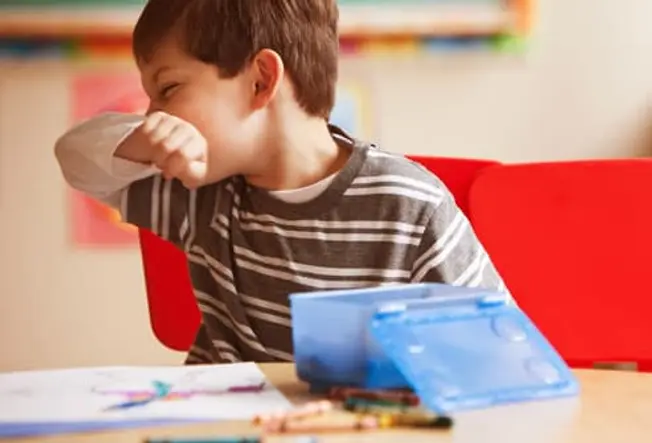
Slow the Drip of a Runny Nose
A runny nose is often the first sign of a cold -- and this annoying faucet can go on for 2 weeks! The mucus usually starts clear and turns yellowish and cloudy after a few days. Flu can cause a runny nose too, though not as often. Try saltwater nose drops to slow the drip.

Clear a Stuffy Nose
A cool-mist humidifier or steamy shower really does help when your child is all stuffed up. Heat up some chicken soup, too. Research shows this mother's remedy really can help stuffy noses. If you think your child may need medicine to clear their nose, talk to your doctor.

Know When a Cough Needs Extra Care
Coughing is normal when something's bugging your throat or lungs. It usually goes away on its own. Unless it's keeping your child awake at night, they're having trouble breathing, or it's really bothering them, it may be best left alone. Humidifiers, vaporizers, and steam may help. Give kids older than 1 year a teaspoon of honey for the cough. If you think your child needs cough medicine, talk to your doctor.
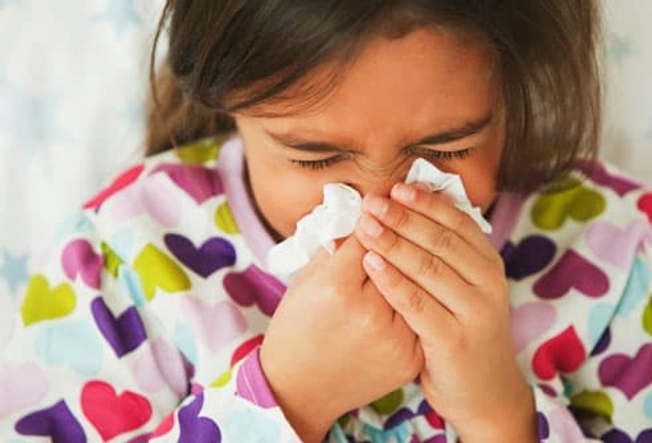
Sneezing and Wheezing
Listen to your child's breathing to figure out how to help them feel better. Sneezing can be a sign of a cold or flu. Whistling sounds are wheezing. They could be a symptom of asthma or a chest cold. If you notice wheezing, struggling for breath, a hard time talking, or unusually fast breathing, call your doctor right away.

Soothe a Sore Throat
One reason for a sore throat is an irritating mucus drip that runs down the back of your child's throat. Home remedies can make them feel much better, especially warm or cold liquids. Popsicles are a favorite! Or see if you can get them to gargle with salt water. Children over 5 may be able to suck on hard candy and throat drops.
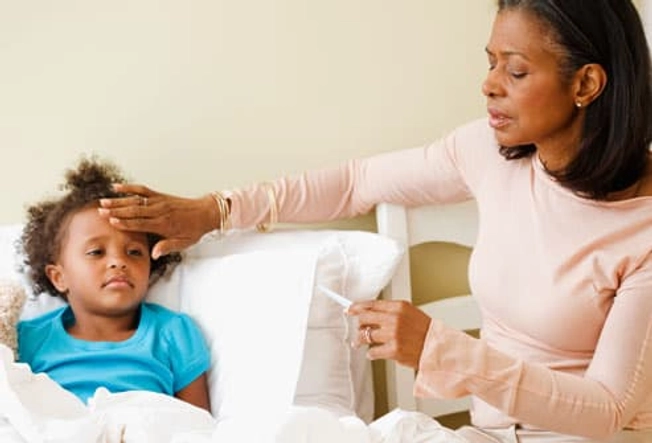
Treat Aches and Pains
Colds and flu can give your child headaches and body aches. The flu can really make your child feel sore all over. To ease pain, give a child older than 6 months either ibuprofen or acetaminophen. Ask your doctor about the right dose for your child’s age and size. Don't give your child aspirin -- even baby aspirin -- unless your doctor says it's OK.
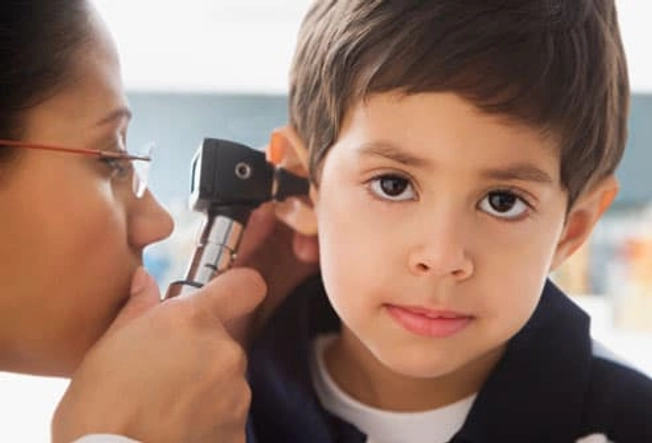
Earache or Ear Infection?
When fluid builds up from a cold or flu, it can cause a mild earache. Covering your child’s ear with a warm, moist cloth may ease the pain. Or try ibuprofen or acetaminophen. See a doctor for:
- Fever
- Severe pain
- Drainage
- Or if your child is younger than age 2 with an earache
An ear infection may need antibiotics.

Comfort and Care for a Fever
Call the doctor if your child has a fever over 104° F or a fever of 101° or more that lasts for more than 72 hours, is younger than 6 months old, or has not had vaccines. Acetaminophen and ibuprofen are OK for kids -- not aspirin. Dress your child in light layers, and give them plenty to drink. When kids are hot, they can get dehydrated quickly. If your child looks sick or you are concerned, talk to your doctor.
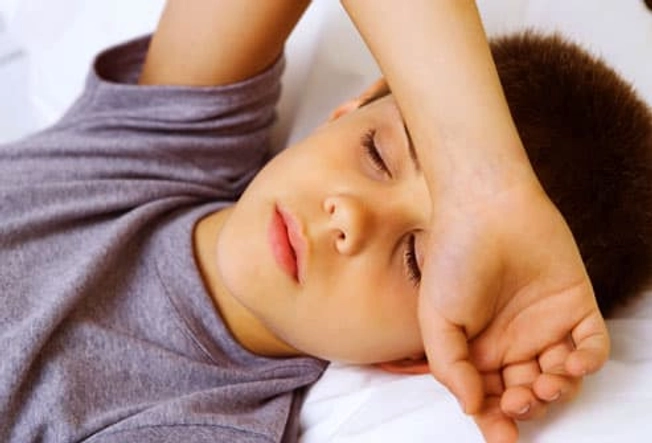
Help an Active Child Get Some Rest
Your child may get very tired because their body is working hard to fight infection. Making sure they get lots of rest is one of the best ways to help them get well. Creative activities like books, puzzles, and crafts are soothing ways to keep them occupied. A sick child can be short on patience, so keep things simple and don’t fuss about a mess.

Small Sips for Diarrhea or Vomiting
Kids with the flu may have diarrhea and vomiting, which can make them dehydrated quickly. Give your child a special solution like Pedialyte, clear soups, water, or juice mixed with water. Start with a few teaspoons every 5 minutes. When they can drink without throwing up, try giving larger amounts. If they vomit more than once, if they are not urinating as much as usual, or if they look sick, call the doctor.
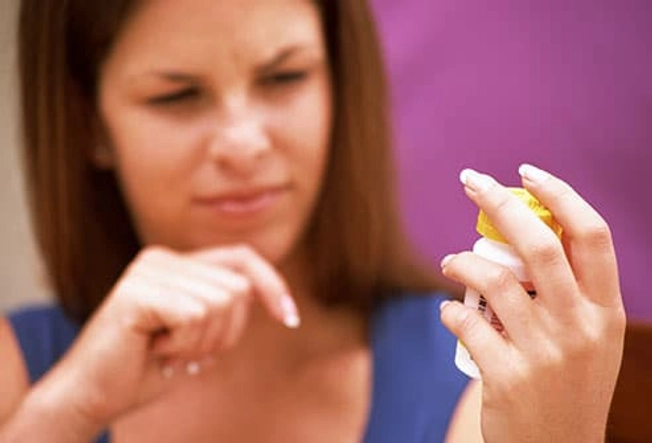
Choose Medicines Carefully
Don't use cough or cold medicines for children under 4 unless your doctor tells you to. Some experts say you shouldn't give them to kids under 6. They aren’t proven to work and may cause side effects. Talk to your doctor about which medicines are right for your child. Choose a medicine that treats only the symptoms your child has. Make sure not to give two medicines that have the same ingredient. This increases the chance of side effects. Be sure to read labels.